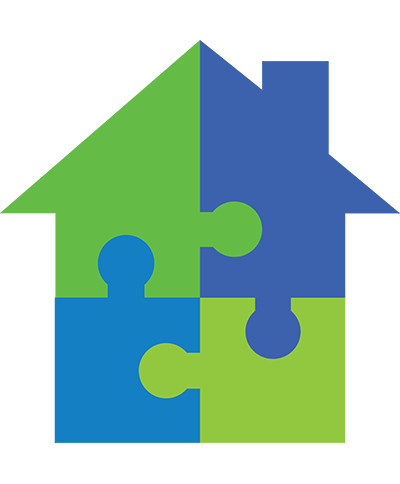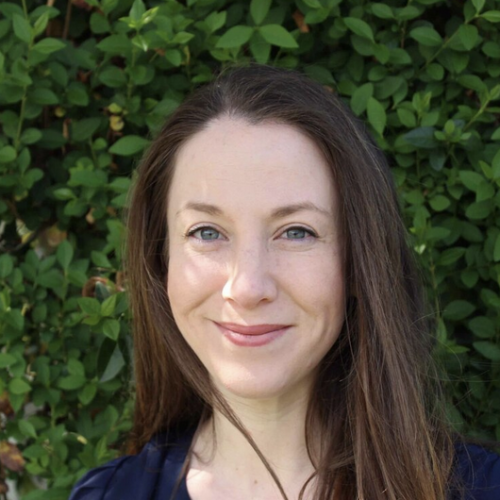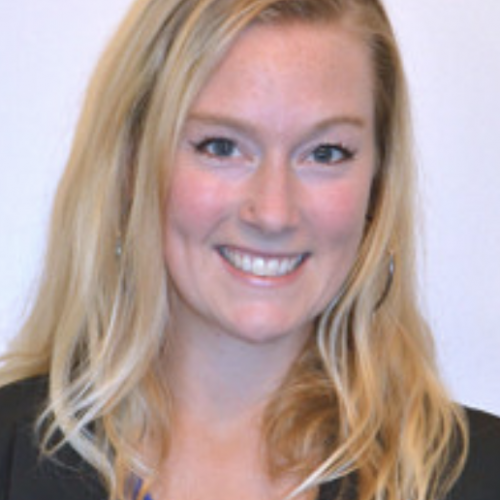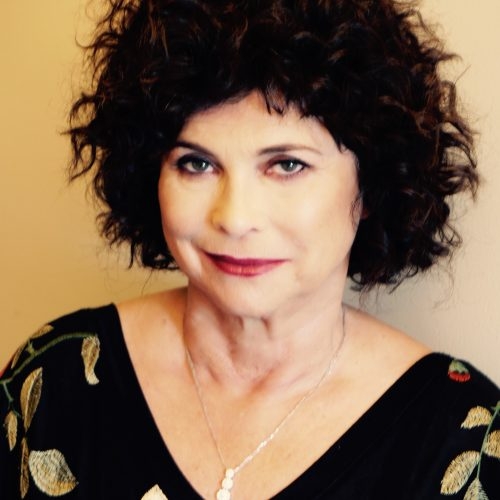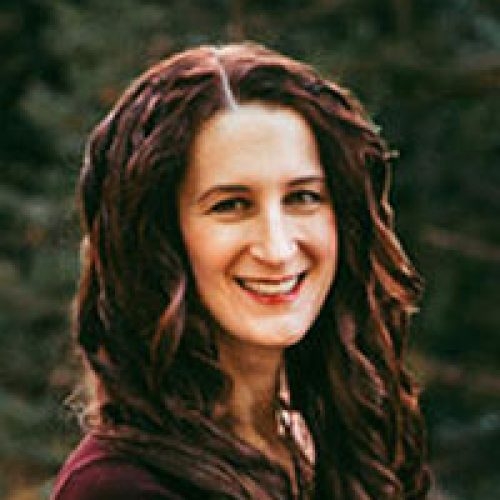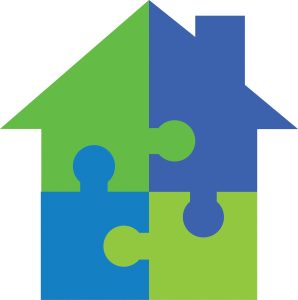Our Clinic
At the Neurodevelopment Assessment Clinic (NDAC), we welcome children, teens and young adults with known or suspected autism spectrum disorders or autistic learning styles. Our approach is multi-disciplinary and multi-method, and adheres to best-practice assessment procedures. We provide not only a diagnosis, but also comprehensive treatment plans and recommendations for services.

The NDAC Model
- We begin each assessment by asking what you hope to learn, and focus our assessment on your specific goals.
- We work with you to establish your family’s narrative, gathering a diagnostic history and also examining school records, testing records, and videos.
- We use standardized psychological measures along with play sessions and informal interviews to get to know your family.


NDAC Assessments
Diagnostic Assessment
- We use autism-specific assessment (ADOS) and cognitive, language and adaptive behavior functioning to reach a DSM-5-TR diagnosis
- Our diagnostic reports focus on recommendations for specific treatment strategies, behavior and teaching methods and motivators—as well as the usual recommendations for hours and types of services
Differential Diagnostic Assessment
- If it’s not an autism spectrum disorder, what is it?
- Is it an autism spectrum disorder plus something else?
- How should treatment be modified for multiple diagnoses?
Learning Assessments
- How do you, or your child, learn and what barriers must be overcome for them to learn better?
- What evidence-based treatments are available to help you, or your child, learn and find fulfillment?
Diagnostic Re-Assessment
- Diagnoses change as youth grow. Diagnosis is a ‘short-hand’ for treatment needs so re-assessment can help re-focus treatment plans.
Parents can self-refer for an NDAC assessment. We also welcome referrals from medical and education colleagues. Assessment follows clinical guidelines in California SB946 for medically-necessary, evidence-based diagnostic evaluation.
Contact our Clinic Coordinator by phone at 415-391-3417 or via email at [email protected].
ACNC staff in this program
-
-
-
-
Amanda Mossman Steiner, PhD, BCBA-D Licensed Clinical Psychologist (PSY28118), Director of Clinical Training

